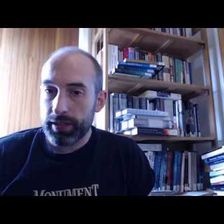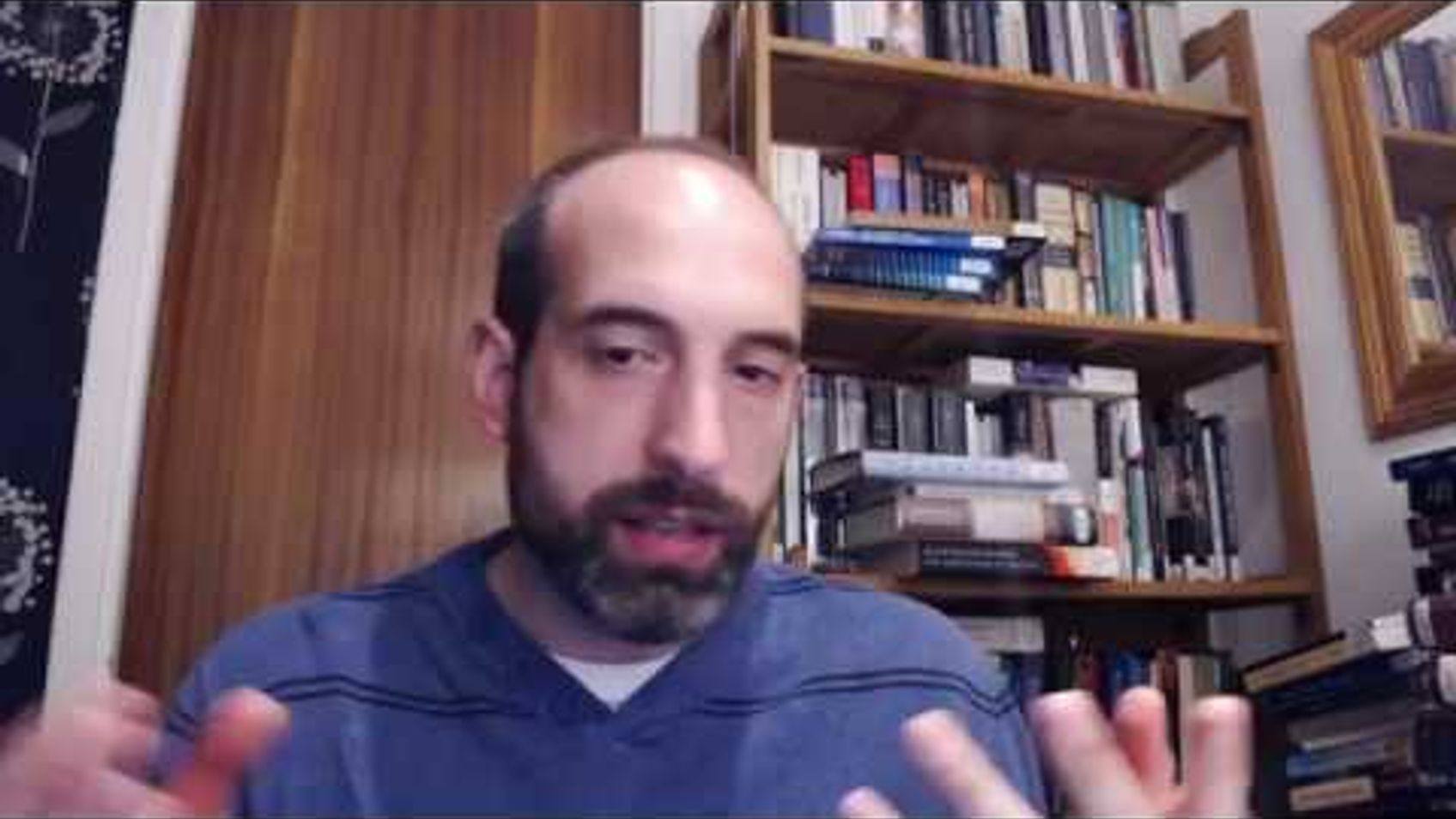Q&A#39 Should We Be Using the Lectionary?

Today's question: "Do you commend the use of a lectionary for preaching? If so, what advantages does this approach have over preaching through whole books of the Bible? How should we think about preaching in churches where we can no longer take basic biblical literacy for granted and even face a bit of skepticism towards the Bible?"
If you have any questions, you can leave them on my Curious Cat account: https://curiouscat.me/zugzwanged.
If you have enjoyed these videos, please tell your friends and consider supporting me on Patreon: https://www.patreon.com/zugzwanged.
My new Soundcloud account is here: https://soundcloud.com/alastairadversaria. You can also listen to the audio of these episodes on iTunes: https://itunes.apple.com/gb/podcast/alastairs-adversaria/id1416351035?mt=2.
More From Alastair Roberts






More on OpenTheo















